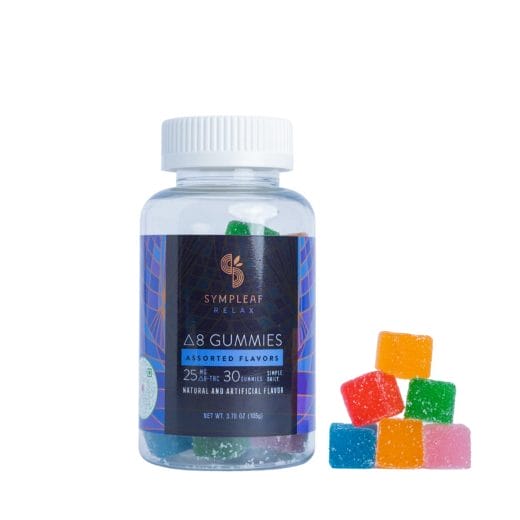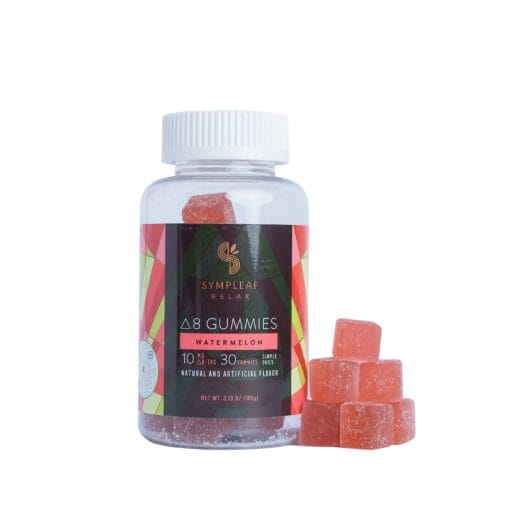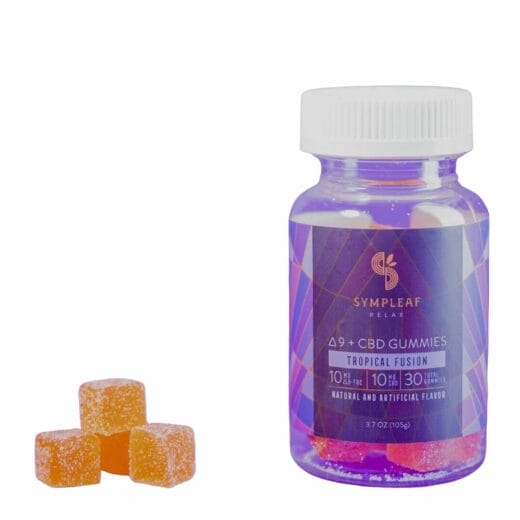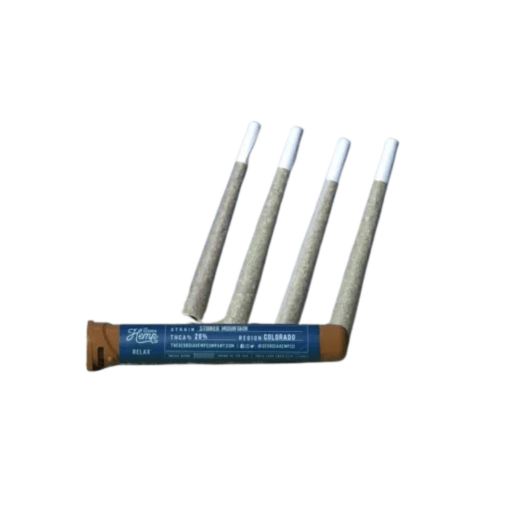Your cart is currently empty!

TOP SELLERS + NEW PRODUCTS
WE GOT THE GOODS
WIDE VARIETY OF DELICIOUS EDIBLES, PREMIUM PRE-ROLLS, VAPES AND FLOWER.
-
10mg Delta 9 + 10mg CBD 1:1 Gummies – Tropical Fusion
$16.00 – $40.00

HIGH MAINTENANCE
THE GEORGIA HEMP COMPANY IS DEDICATED TO DELIVERING THE highest quality hemp products.

SHOP EDIBLES
THESE AREN’T YOUR GRANDMA’S TREATS
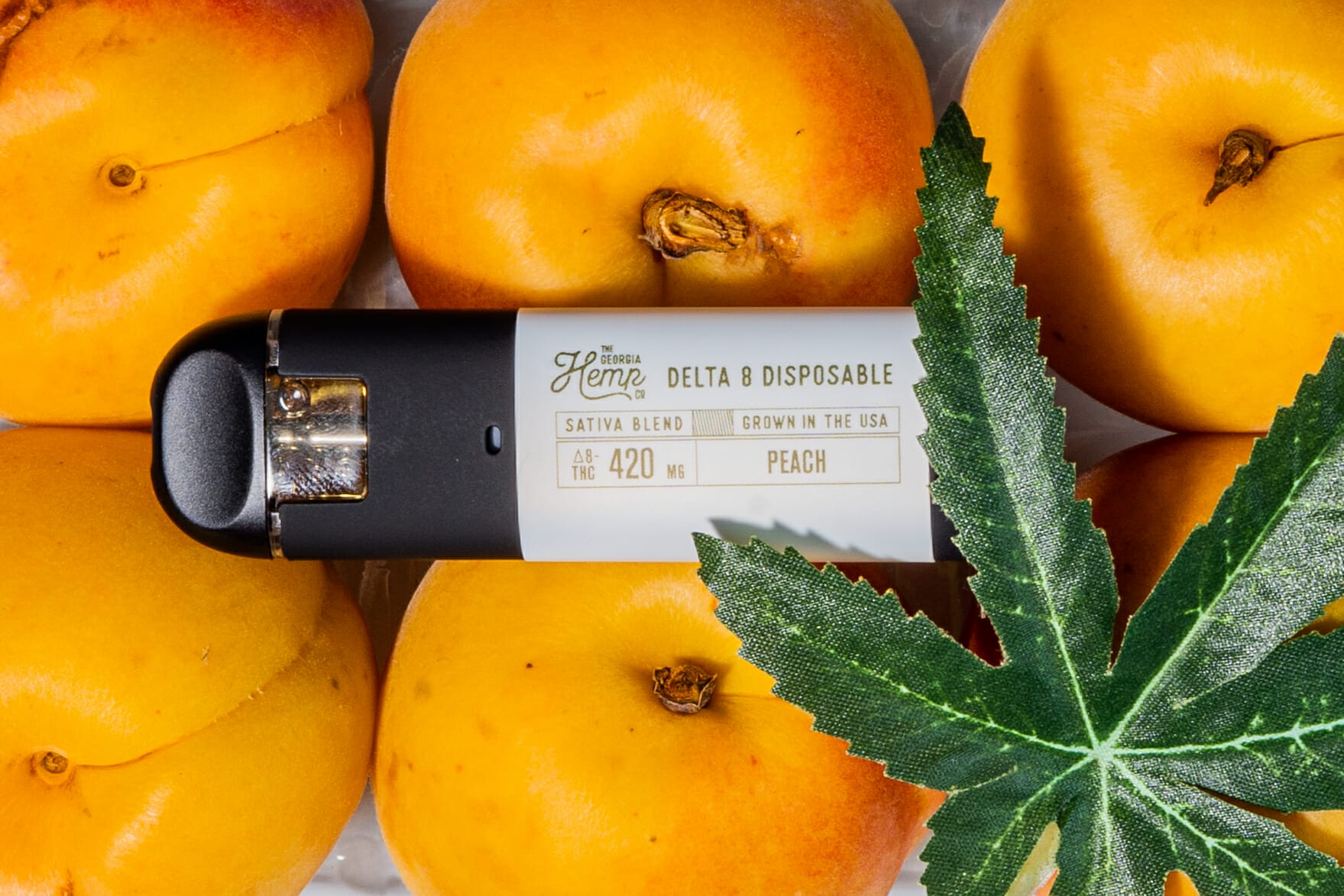
SHOP VAPES
DISPOSABLES AND CARTS FOR ON THE GO

SHOP MERCH
GET SOME FIRE THREADS TO MATCH YOUR DREADS

SHOP FLOWER
FRESHLY PICKED FOR YOUR ENJOYMENT
THE LATEST BUZZ

MEET The Founders:
HEMPSTORY
HEAR ALL ABOUT HOW JOE AND RYAN TOOK OVER GEORGIA
Featured On

Express Delivery
We ship orderS immediately after purchase

Free Returns
returns are free within 30 days of your order

Helpful Support
Our support staff is ready to answer any QUESTION

Secure PaymenTS
All payments on our site are procesSED SECURELY
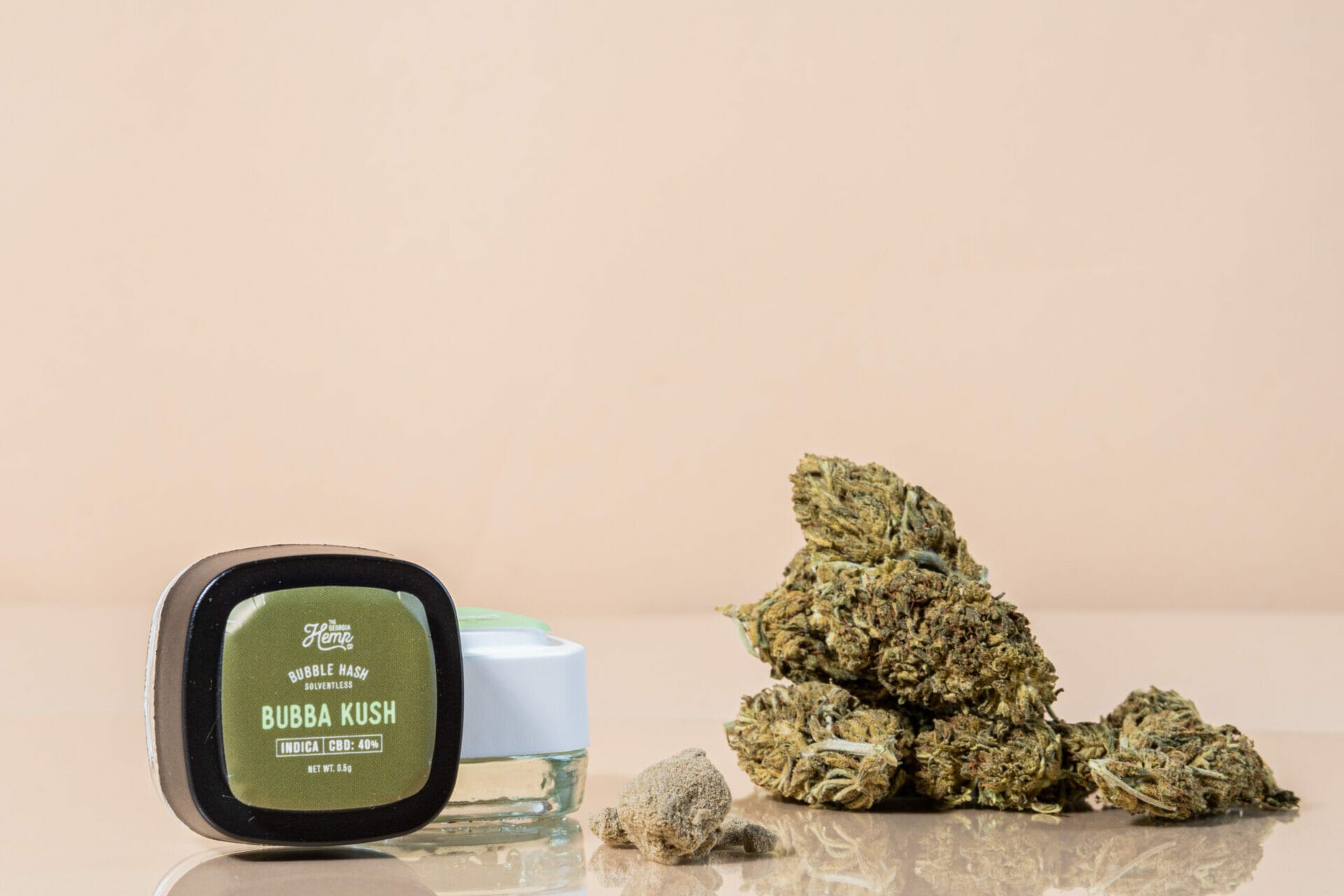
EMAILS THAT DON’T SUCK
SIGN UP AND SAVE
exclusive access to the latest PROMOS, updates AND EVENTS

